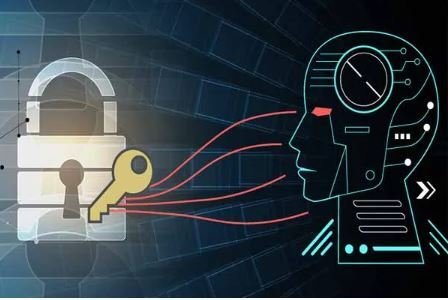The Internet-of-Things (IoT) market has grown rapidly over the past few years, with the pandemic further catalyzing its adoption across geographies. IoT impact can be assessed by the various sectoral use cases, ranging from personalized healthcare (wearable devices, etc.) to infrastructure (smart cities, home automation, etc.), including industrial applications (industrial machinery, process monitoring, etc.). The increasing adoption of IoT presents key cybersecurity concerns and impact potential mainly due to the following:
- Importance of data and systems that IoT vulnerabilities may provide access to
- Considerable number of potential attack vectors — individual parts of IoT networks susceptible to malicious activity
[/LIST=1]
According to a survey by Hewlett-Packard, more than 70% of the generic IoT solutions feature security vulnerabilities such as unencrypted data transmissions or rudimentary passwords.
As the volume and velocity of threats increase, specialists are turning to AI for intelligent real-time protection of these systems. As per the study Reinventing Cybersecurity with Artificial Intelligence by Capgemini Research Institute, 53% of the executives cite leveraging AI in cybersecurity for IoT security, while 69% of the respondents claim they could not respond to cyberattacks without AI. AI use cases in IoT security include the following:
Continue reading: https://timestech.in/impact-of-ai-in-iot-security/

